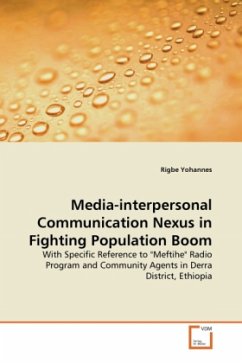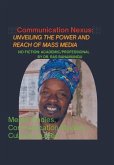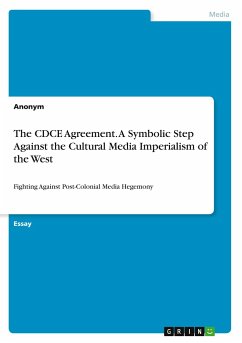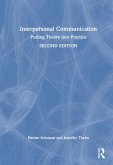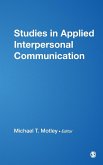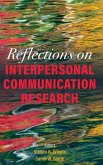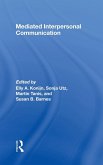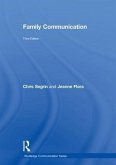This study investigates the effects of combined messages of an E-E radio program and community agents in promoting family planning. It analyzes data gathered from audience members and community agents using conjoint and in-depth interviews. In addition, scripts of the radio program are analyzed. The concept this study evolves around is development communication, which refers to the application of communication in facilitating economic growth of a nation. Among the strategies of accomplishing such tasks is Entertainment-Education (E-E).Interpersonal communication on the other hand, plays an important role in the process of opinion formation. Messages transmitted through the media are discussed in interpersonal communication, which leads to behavior change. According to the theory of the two step information flow, it is opinion leaders- those who are approached for advice and are considered as reliable- who are more exposed to the media than the rest of a community and are capable of convincing others to change their minds. Therefore, both media and interpersonal communication contribute their shares to the process.
Bitte wählen Sie Ihr Anliegen aus.
Rechnungen
Retourenschein anfordern
Bestellstatus
Storno

